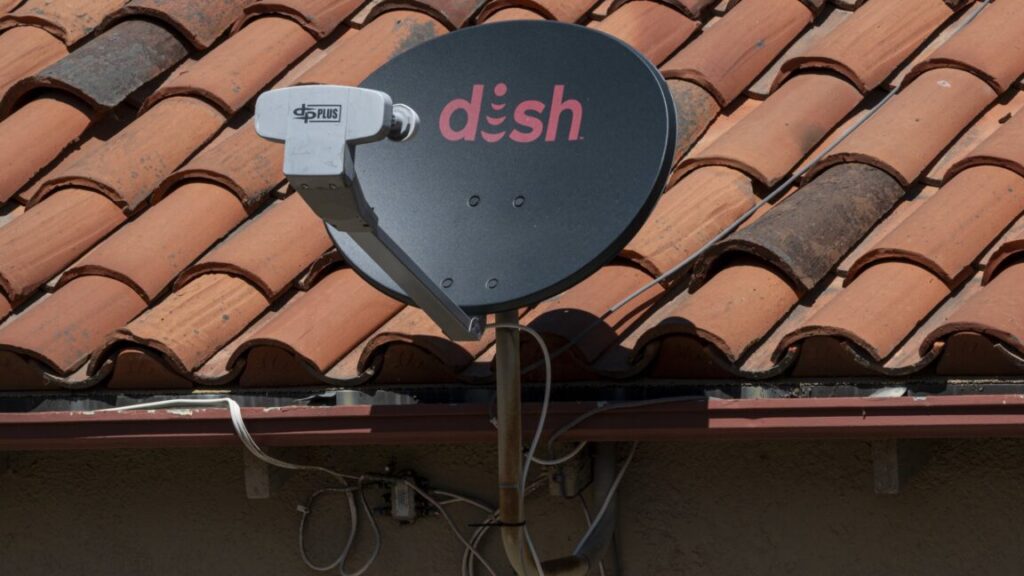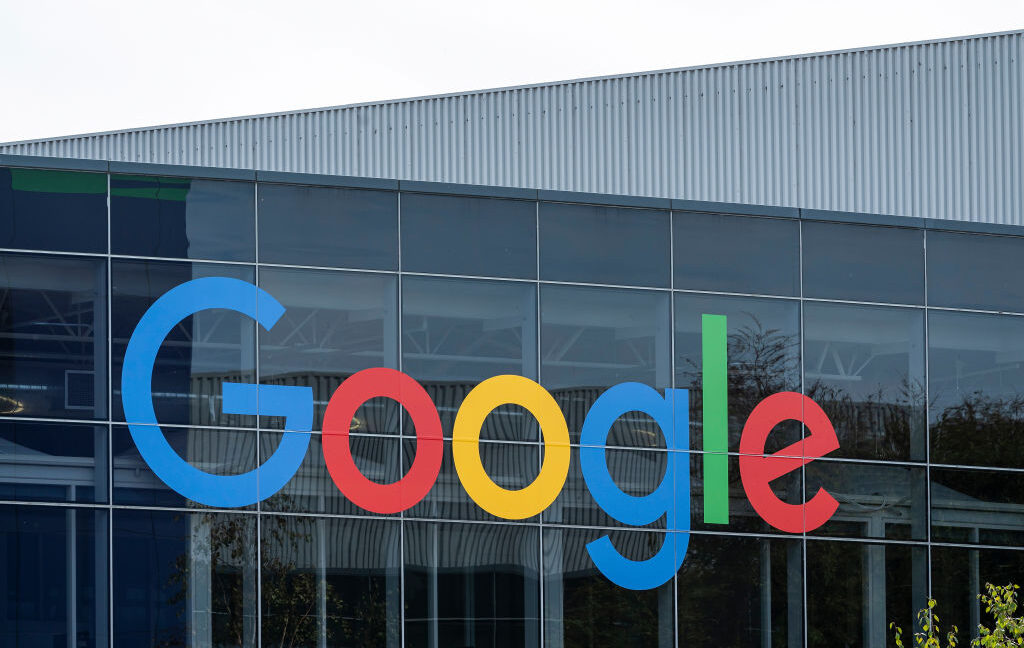$300 billion pledge at COP29 climate summit a “paltry sum”
The world’s most important climate talks were pulled back from the brink of collapse after poorer countries reluctantly accepted a finance package of “at least” $300 billion a year from wealthy nations after bitter negotiations.
Fears about stretched budgets around the world and the election of Donald Trump as US president, who has described climate change as a “hoax,” drove the developing countries into acceptance of the slightly improved package after Sunday 2: 30 am local time in Baku.
The UN COP29 climate summit almost collapsed twice throughout Saturday evening and into the early hours of Sunday morning, as vulnerable nations walked out of negotiations and India objected stridently.
As the gavel came down, India’s lead negotiator, Neelesh Shah, leapt to his feet to ask to take the floor, and when he was ignored made a furious timeout gesture above his head and led his team on to the stage in protest.
Speaking from the floor, Indian delegation member Chandni Raina said the country was “extremely disappointed” by the abrupt passage of the agreement, adding: “This was stage-managed.”
“It is a paltry sum,” she said. “I am sorry to say that we cannot accept it. We seek a much higher ambition from developed countries.” The agreement was “nothing more than an optical illusion,” she added.
The broadside was followed by objections from Bolivia, Chile, and Nigeria, who were told by COP29 President Mukhtar Babayev that their statements were noted. Smaller nations, such as Malawi, Fiji, and the Maldives, joined in the grievance.
Simon Stiell, head of the UN climate change arm, said the new goal was an “insurance policy for humanity, amid worsening climate impacts hitting every country” but added that it was “no time for victory laps.”
European Union climate commissioner Wopke Hoekstra tried to assure disappointed smaller nations, saying he was “confident we will reach the $1.3 trillion” economists say developing countries need to shift to green energy and cope with climate change.
$300 billion pledge at COP29 climate summit a “paltry sum” Read More »













